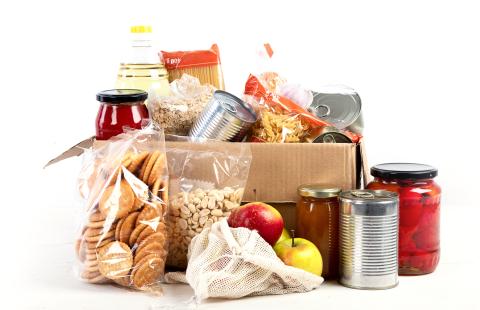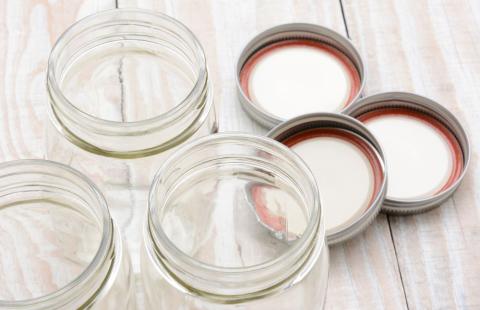Food Safety
FREE Online Workshop
This workshop will cover the latest rules and regulations surrounding selling meat, including rabbit, poultry, dairy products, and eggs at New Hampshi...
Learn More
Supporting Safe, Local Food from Field to Market
The Jumpstart to Produce Safety Program helps small and mid-sized New Hampshire farms improve food safety through education, assessments, and practica...
Learn More
New Hampshire producers can sell poultry and rabbits directly to NH restaurants without USDA inspection. NH producers can also sell rabbits to consume...
Learn More
Fermentation of food and beverages has been around for centuries as a safe way to preserve food. Fermenting is the process by which beneficial bacteri...
Learn More
Whether your facility is a restaurant, school, soup kitchen, food pantry or other feeding program, it is important that food be stored in such a way t...
Learn More
Article describes UNH Extension work on farms to support growers reduce the potential for agriculture water becoming a source of produce contamination...
Learn More
One of the easiest, most convenient, and least time-consuming methods of preservation
Freezing is one of the easiest, most convenient, and least time-consuming methods of preserving foods.
Learn More
New Hampshire House Bill (HB) 779 FN
With the passage of New Hampshire House Bill (HB) 779 FN this past spring, the sale of uninspected, processed whole rabbits in New Hampshire has been ...
Learn More
Successful canning starts with the use of jars in good condition and new lids with new or used ring bands in good condition.
Learn More









